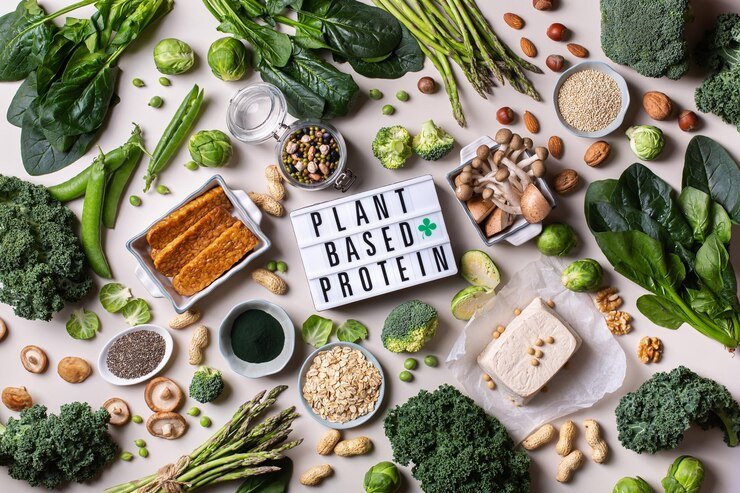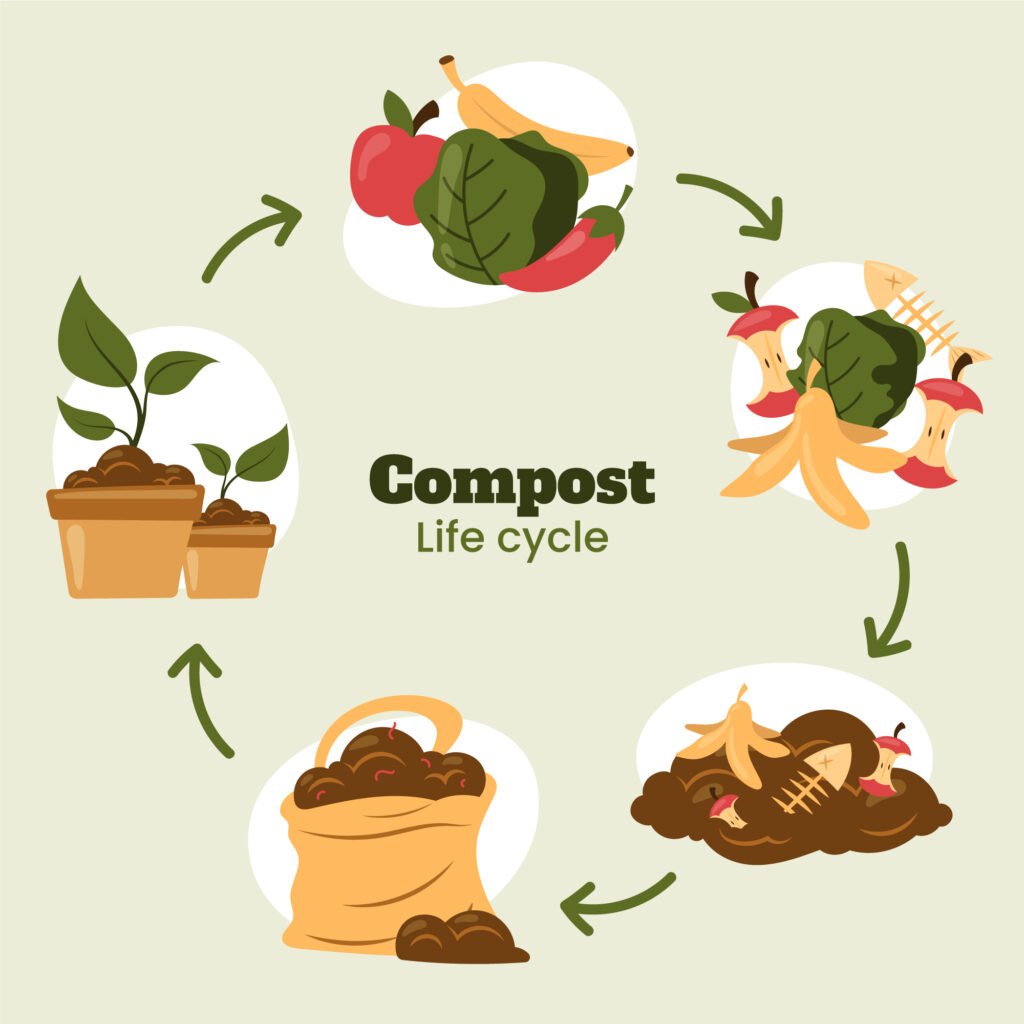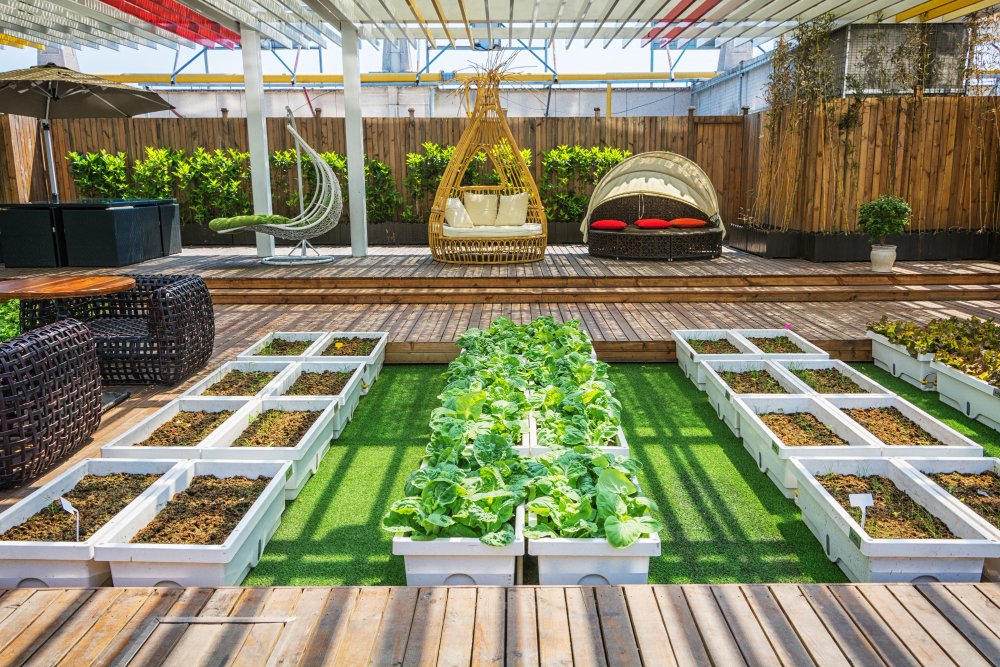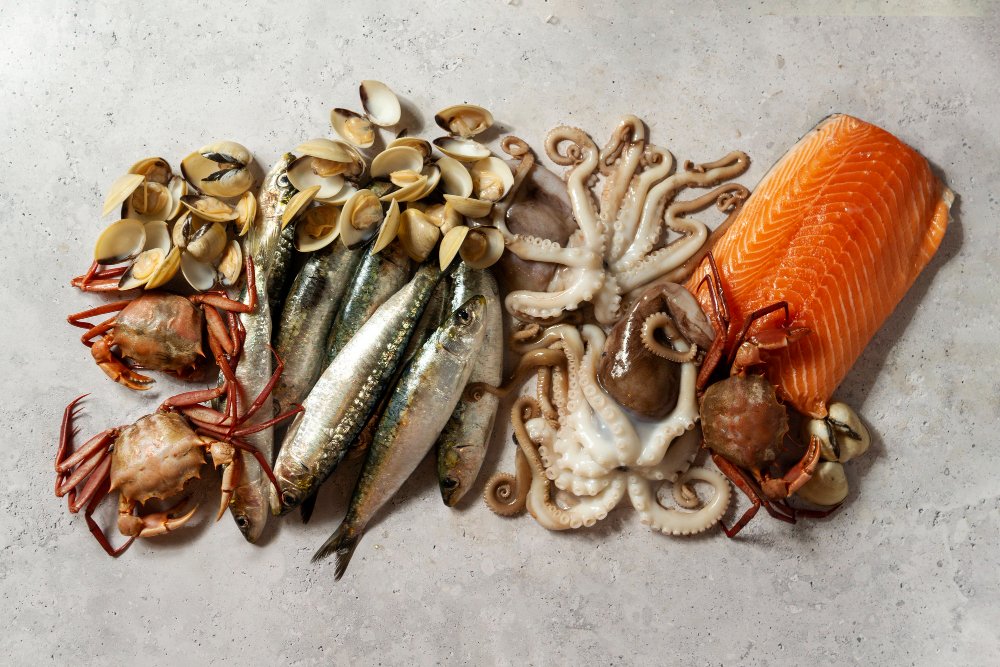
sustainable keto
In the world of health and wellness, the term “keto” has become a household name, renowned for its potential to promote weight loss and improve overall well-being. However, in an era where environmental consciousness is paramount, individuals are increasingly seeking ways to align their dietary choices with sustainable practices. This brings us to the concept of “Sustainable Keto” – a harmonious blend of the ketogenic lifestyle with eco-friendly principles.
1. Mindful Meat Choices
One of the cornerstones of the keto diet is a focus on high-fat, moderate-protein intake. When it comes to sourcing your proteins, opt for grass-fed and pasture-raised meat. These choices not only align with keto principles but also support ethical and sustainable farming practices.
2. Local and Seasonal Produce
Incorporate a variety of low-carb vegetables into your keto meals, and choose locally grown and seasonal produce. This not only reduces your carbon footprint by supporting nearby farmers but also ensures that you’re consuming fresh, nutrient-dense foods.
3. Reduce Food Waste

Embrace a sustainable mindset by minimizing food waste. Plan your meals, store ingredients properly, and find creative ways to repurpose leftovers. This not only benefits the environment but also contributes to cost-effective keto meal planning.
4. Eco-Friendly Packaging
When selecting keto-friendly snacks and ingredients, pay attention to the packaging. Opt for products with minimal or recyclable packaging to reduce the environmental impact of your dietary choices. Consider bulk buying to further reduce waste.
5. DIY Keto Staples
Make your own keto staples at home to cut down on packaging and ensure the quality of your ingredients. From almond flour to keto-friendly snacks, DIY projects not only enhance the sustainability of your diet but also allow you to tailor recipes to your taste.
6. Eco-Conscious Kitchen Practices
Consider the environmental impact of your kitchen habits. Invest in reusable containers, choose sustainable kitchenware, and minimize single-use plastics. These small changes can collectively contribute to a more sustainable keto lifestyle.
7. Mindful Water Consumption
Staying hydrated is crucial on the keto diet, but being mindful of your water sources is equally important. Invest in a reusable water bottle, filter your water when possible, and be conscious of water usage during food preparation.
8. Community Engagement
Joining a local farmers’ market or community-supported agriculture (CSA) program connects you with fresh, local produce while supporting sustainable farming practices. It’s a great way to build a sense of community and contribute to a more sustainable food system.
9. Educate and Share
Spread awareness about sustainable keto practices. Share your journey on social media, start a blog, or engage in conversations within your community. Education is a powerful tool for inspiring others to adopt eco-friendly keto habits.
10. Continuous Improvement
Sustainable keto is a journey, not a destination. Continuously assess and improve your practices. Stay informed about new sustainable products and methods, and be open to adjusting your approach to align with the evolving landscape of eco-friendly living.
11. Eco-Friendly Kitchen Garden

Explore the joy of growing your own keto-friendly herbs and vegetables. Cultivate a small kitchen garden, and enjoy the freshest, most sustainable additions to your meals.
12. Sustainable Seafood Choices

For those who include seafood in their keto diet, opt for sustainably sourced varieties. Choose fish that are abundant and harvested responsibly to support marine ecosystems and promote ethical fishing practices.
13. Zero-Waste Meal Prep
Challenge yourself to create a keto meal plan with minimal waste. Plan efficiently, reuse ingredients creatively, and compost food scraps. Transform your meal prep routine into an eco-friendly and sustainable practice.
14. Green Energy in the Kitchen
Consider the energy sources in your kitchen. Explore ways to minimize energy consumption, such as using energy-efficient appliances, harnessing natural light, and incorporating renewable energy solutions where possible.
15. Sustainable Keto on a Budget
Discover cost-effective ways to maintain a sustainable keto lifestyle without breaking the bank. Learn where to find affordable, eco-friendly products and how to make sustainable choices that align with your budget constraints.
Conclusion
In the quest for a healthier lifestyle, the fusion of keto principles with sustainable practices creates a powerful synergy that not only benefits your well-being but also nurtures the planet. As we conclude our exploration of sustainable keto, it’s evident that small, intentional changes in our dietary choices and daily habits can have a profound impact on both personal health and environmental sustainability.
By choosing grass-fed and locally sourced meats, opting for seasonal produce, and being mindful of packaging, we contribute to a more sustainable food system. Embracing a DIY ethos and minimizing food waste further align our keto journey with eco-friendly values. Investing in reusable kitchenware and being conscious of water usage enhance the overall sustainability of our kitchen practices.
Engaging with the community, sharing our experiences, and educating others amplify the positive influence of sustainable keto. It becomes a ripple effect, inspiring those around us to make conscious choices that benefit not only themselves but the world we all share.
Remember, sustainable keto is not about perfection but progress. Each step taken towards a more eco-conscious lifestyle, no matter how small, accumulates into a significant impact over time. As you embark on this journey, celebrate your achievements and continuously seek ways to refine your practices. Sustainable living is a dynamic endeavor that evolves with our awareness and choices.
In conclusion, sustainable keto is a holistic commitment to nourishing both the body and the planet. It is a lifestyle that acknowledges the interconnectedness of our well-being with the health of the environment. So, savor your keto meals with the knowledge that every mindful choice you make contributes to a brighter, greener future for yourself and generations to come.
People also ask
20 Simple Keto Tips and Tricks for Successful Weight Loss
15 Discover the Truth: Can Oprah Keto Gummies for weight loss and belly fat
30 Quick and Easy Keto Recipes for Busy Days
FAQS
Q: What is sustainable keto, and how does it differ from traditional keto?
Sustainable keto is a combination of the ketogenic diet with environmentally conscious practices. It focuses on making keto choices that are not only beneficial for personal health but also considerate of the planet.
Q: Can I follow a sustainable keto diet on a budget?
Yes, sustainable keto can be budget-friendly. Choose locally sourced and seasonal produce, buy in bulk to reduce packaging waste, and explore cost-effective eco-friendly alternatives.
Q: How can I ensure the meat I consume on a keto diet is sustainable?
Opt for grass-fed and pasture-raised meats. This choice supports ethical and sustainable farming practices, aligning with both keto principles and environmental consciousness.
Q: Are there sustainable alternatives to traditional keto snacks with excessive packaging?
Absolutely. Look for snacks with minimal or recyclable packaging, or consider making your own at home. This not only reduces waste but also allows for personalized, eco-friendly options.
Q: How can I minimize food waste on a sustainable keto diet?
Plan your meals, store ingredients properly, and get creative with repurposing leftovers. These practices not only reduce food waste but also contribute to a more sustainable approach to keto meal planning.
Q: Can I maintain a sustainable keto lifestyle while traveling?
Yes, sustainable keto is adaptable. Choose local and seasonal options when dining out, carry reusable containers, and stay hydrated with a reusable water bottle.
Q: Are there sustainable seafood options for those following a keto diet?
Certainly. Look for sustainably sourced seafood options. Choose varieties that support ethical fishing practices and the health of marine ecosystems.
Q: How can I create a zero-waste meal prep routine on a keto diet?
Efficient planning, creative ingredient reuse, and composting food scraps are key. Transforming your meal prep into a zero-waste practice aligns with both keto and sustainable living.
Q: Can I follow sustainable keto if I don’t have access to specialty stores?
Absolutely. Focus on local and seasonal produce, explore farmers’ markets, and utilize online resources to find sustainable products. Sustainable keto is adaptable to various locations.
Q: How can I contribute to a sustainable keto community and share my experiences?
Engage in social media discussions, start a blog, or participate in local events. Sharing your journey inspires others to embrace sustainable keto practices and builds a supportive community.









